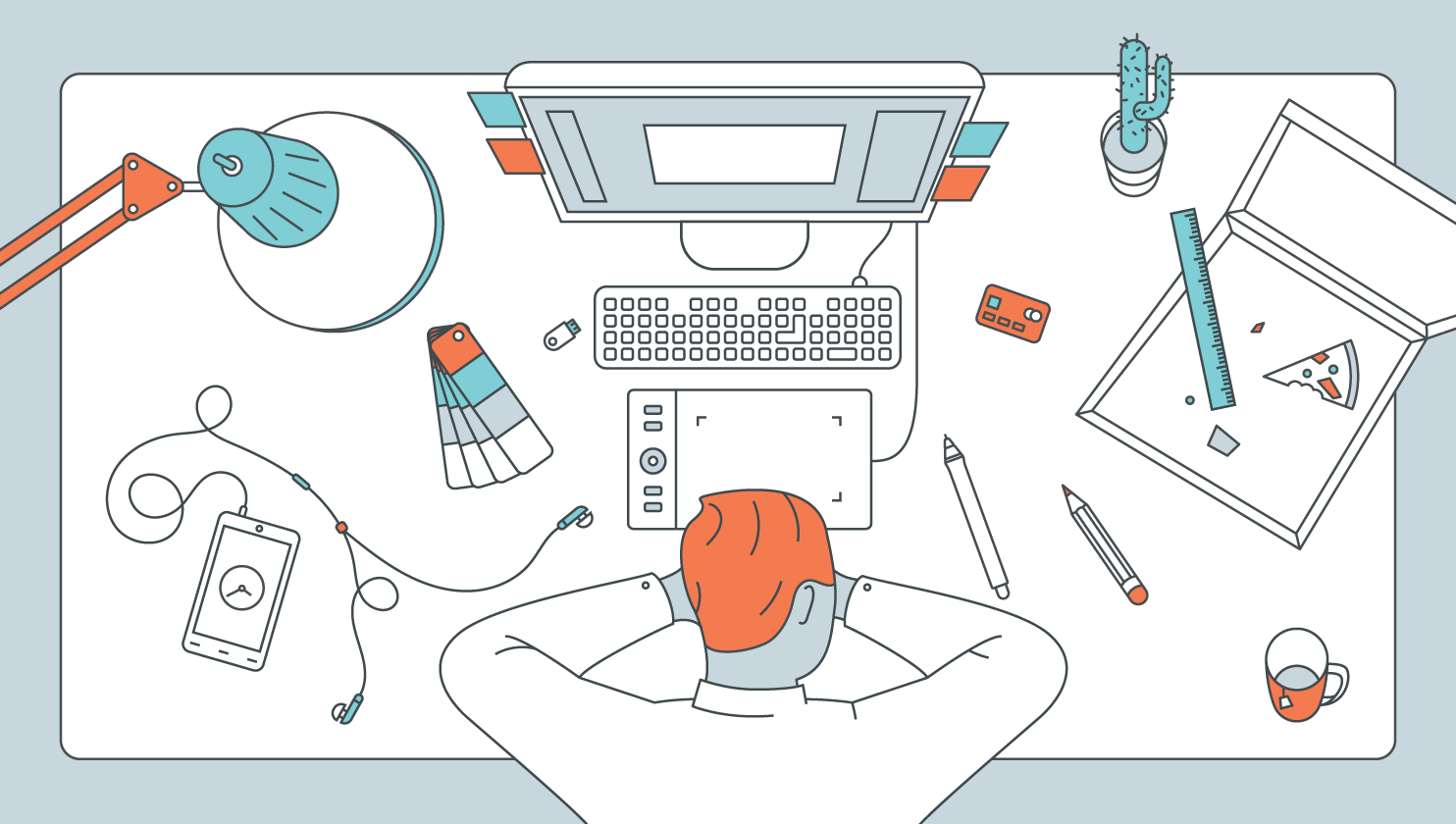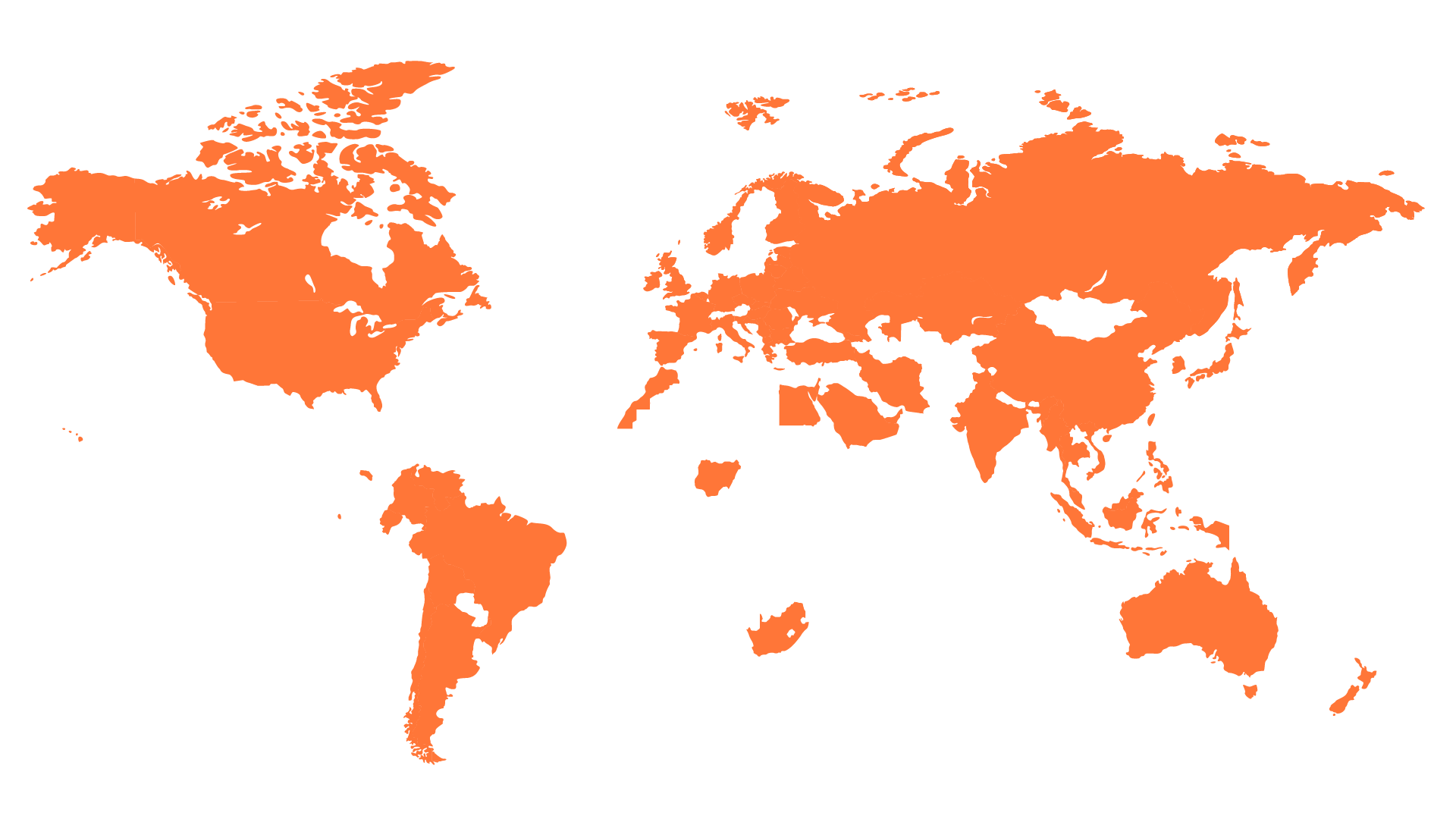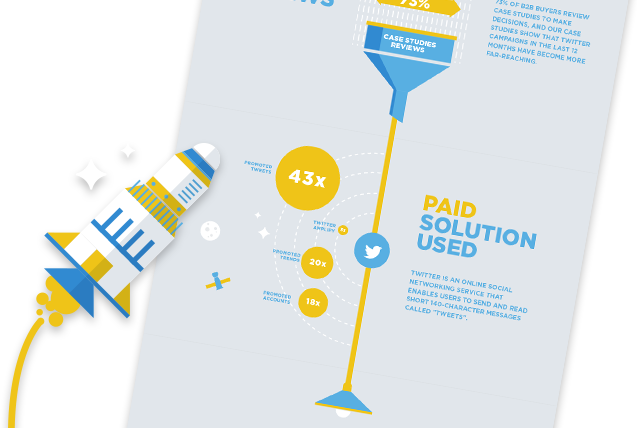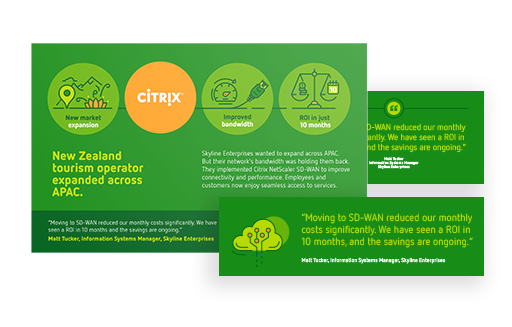
Let us begin with the truth. It is not easy to start as a freelancer. Don’t believe it if somebody tells you otherwise. Remember the time when you were an employee? You just had to focus on what your boss told you. Sure, your boss was also asking for results, but was that really that bad? Now you are on your own. Nobody tells you what to do. And, worst of all, nobody tells you how much you get paid. You have to figure it out all by yourself. But I will unveil another truth here: it is not at all bad or scary if you follow some simple guidelines.
How to value your work
Don’t start by thinking “What would people possibly be willing to pay me?” start by thinking “How much do I have to actually charge to have the income that I want/need for myself?”
A big mistake made by a lot of freelance newbies is that they cover themselves in work, but don’t charge enough to actually make a living because they think that they can’t possibly turn a job down. Doing so gets you into a vicious circle. You have a huge pile of work on your desk, but there are also bills piling up. You cannot stop working because of the bills, but with what you make, you can either pay the bills or buy some food. And now it gets tricky, because the old Bob Marley song comes into play: No wifi, no food.
That is why you should calculate how much you want to make and how much you have to charge; so that you are getting fair pay as a freelancer. You may have to make compromises here and there, but it gives a number to focus on.
What’s your hourly rate?
Remember, the question is: how much do you want to make. Determine your hourly rate from there. Let us assume that you want to make $25,000 a year from freelancing with 365 days.
- You work 5 days a week, which leaves about 260 days for work.
- You subtract 5 days for illness and 15 days for holidays. 240 days left.
- You work an average of 8 hours a day or 1,920 hours a year.
- Not all your work is directly cash flow related; you are your own company with accounting, marketing, sales and HR with expenses for each…
- A third of your time will go to that, so if you don’t want to work longer hours, consider raising your hourly rate by 33%.
- 25,000 divided by 1920 hours = $13.02. $13.02 x .33 = $4.30. $13.02 + $4.30 = $17.32
- You need to make $17.32.
When you want to plan more precisely, there are some online calculators like the one from Beewits, which allows you to add more details.
Be your best self and discover 25+ ways how to be productive now.
Download our Freelancer's Guide to Productivity.
Plan ahead
You better round it up to $20, because you never know what may come in the next months. Planning ahead is - by far - one of the smartest tips on money management for freelancers one can find. Unless you found the crystal ball and can predict the future, it stays as uncertain as always. And if you don’t have long-term contracts with one or more of your customers, you better have an eye on your outgoings.
Try to foresee a dry spell, and try not to rely on your credit card to get through it. The banks will charge you a fortune. Talk to friends or family if you need to; the ones you may ask to back you up, but let them know in advance. Everybody likes some planning.
Part of the planning is also to separate your business and personal spending – I recommend two different bank accounts. By doing so, you know what is what when it comes to paying your taxes.
Which brings us to the next point: saving for taxes. Depending on your line of work, you may not have a lot of expenses, so there will be some taxes due when you have $25,000 coming in. Start putting away money for your taxes as soon as you start earning.
The value you have is the value you give
There is another aspect of valuing your work - the value you actually provide to your customers. You have great skills that make your customer’s life better and improves their income. If you design a website for a hotel, that website will drive customer reservations. If you write pieces for the blog, that will drive more prospects to the marketing funnel.
You can always calculate those numbers as ROI for the customer and use them in negotiations. But it’s very important that you have a clear understanding of your own value. Whatever you do, do it the best way possible. When you see someone else doing it better, learn and improve. And learn from other's mistakes. By doing so, you don’t have to make them all yourself.
What are the biggest mistakes you made when starting to charge as a freelancer? Did you learn anything from the mistakes of others? Please share in the comments... Maybe there is something more we can all learn!






